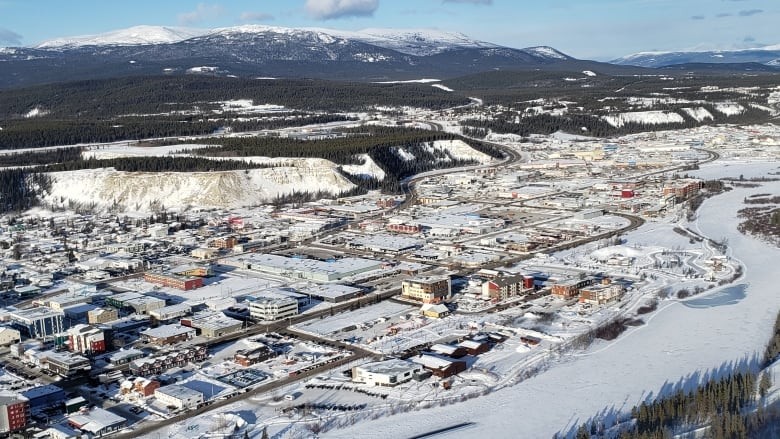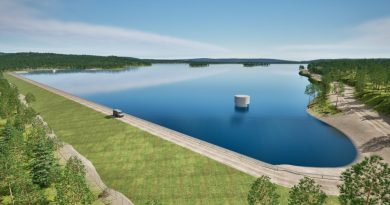COVID-19 outbreak declared in capital of Canada’s northwestern Yukon territory

Yukon’s case count climbs to 104, with 18 are active
Yukon’s acting chief medical officer of health has declared a COVID-19 outbreak in Whitehorse, with six new cases reported since Friday.
The cases were caused by the gamma variant, also known as P.1, according to a Yukon government news release on Sunday.
“The outbreak is linked to youth and adults who are not yet vaccinated. It includes participants at both organized and informal events linked to high school graduation, as well as adults who are socializing in close proximity such as at bars and house parties,” reads the news release.
There are now 18 active cases in the territory, with 15 in Whitehorse and three rural Yukon. There are no new public exposure notifications at this time.
All six of the new cases are related to the outbreak and all are self-isolating at home, says the release.
The Yukon government invited reporters to a “clinical COVID-19 update” scheduled for 10 a.m. YT Monday with Dr. Catherine Elliott, Yukon’s acting chief medical officer of health. CBC Yukon will live stream it on its Facebook page and on CBC North’s website.
Gamma variant is ‘highly transmissible’
“An outbreak among people who are not yet vaccinated is concerning and we are very likely to see more cases in the coming days,” Elliott said in the release, urging people to follow public health guidance and get vaccinated.
“The gamma (P.1) variant is highly transmissible in groups who are not yet vaccinated. The vaccine is protective. Our response goal is to keep people healthy and protect those at risk of severe disease. This requires us all to follow this guidance,” she said
The territorial government did not identify the locations of the three rural cases, but some other governments did.
On Sunday, Kluane First Nation announced what it says is the first confirmed case of COVID-19 in Burwash Landing.
“Our community needs to remain exceptionally vigilant in this time of uncertainty,” said the government in a post on its website. It also said the infected person is isolating.
Also on Sunday, Carcross/Tagish First Nation announced an unspecified number of cases in Carcross.
“C/TFN is in Level 3 of its COVID-19 Protocol and is closed with essential services only,” it said in a post on its website.
Reported case in Dawson City
Dawson City Mayor Wayne Potoroka said on his Facebook page last Thursday that there is a case in his community.
The Trʼondëk Hwëchʼin government, also on Facebook, posted about an exposure notice issued for its main administration building.
On Friday, the Yukon government announced that a student at Porter Creek Secondary School in Whitehorse tested positive for COVID-19, and the school’s prom ceremony scheduled for June 12 was cancelled.
Since the start of the pandemic, there have been 104 cases reported in Yukon, and two deaths.
The case count includes Yukoners who have been infected and recovered outside of the territory.
According to the Yukon government, as of June 7, 79 per cent of the territory’s eligible adult population had had two doses of a COVID-19 vaccine.
Related stories from around the North:
Canada: Indigenous northerners less likely to be vaccinated, more likely to be hesitant: survey, CBC News
Finland: Finland implements mandatory COVID-19 testing at all Lapland border crossings, Yle News
Iceland: Iceland to ease group limits, social distancing rules on June 15, Eye on the Arctic
Norway: Norwegians with holiday homes in Sweden lose court case, Radio Sweden
Russia: COVID-19 infections are increasing in Russia’s Northwest, The Independent Barents Observer
Sweden: At least 16,000 in Sweden have long COVID, Radio Sweden



